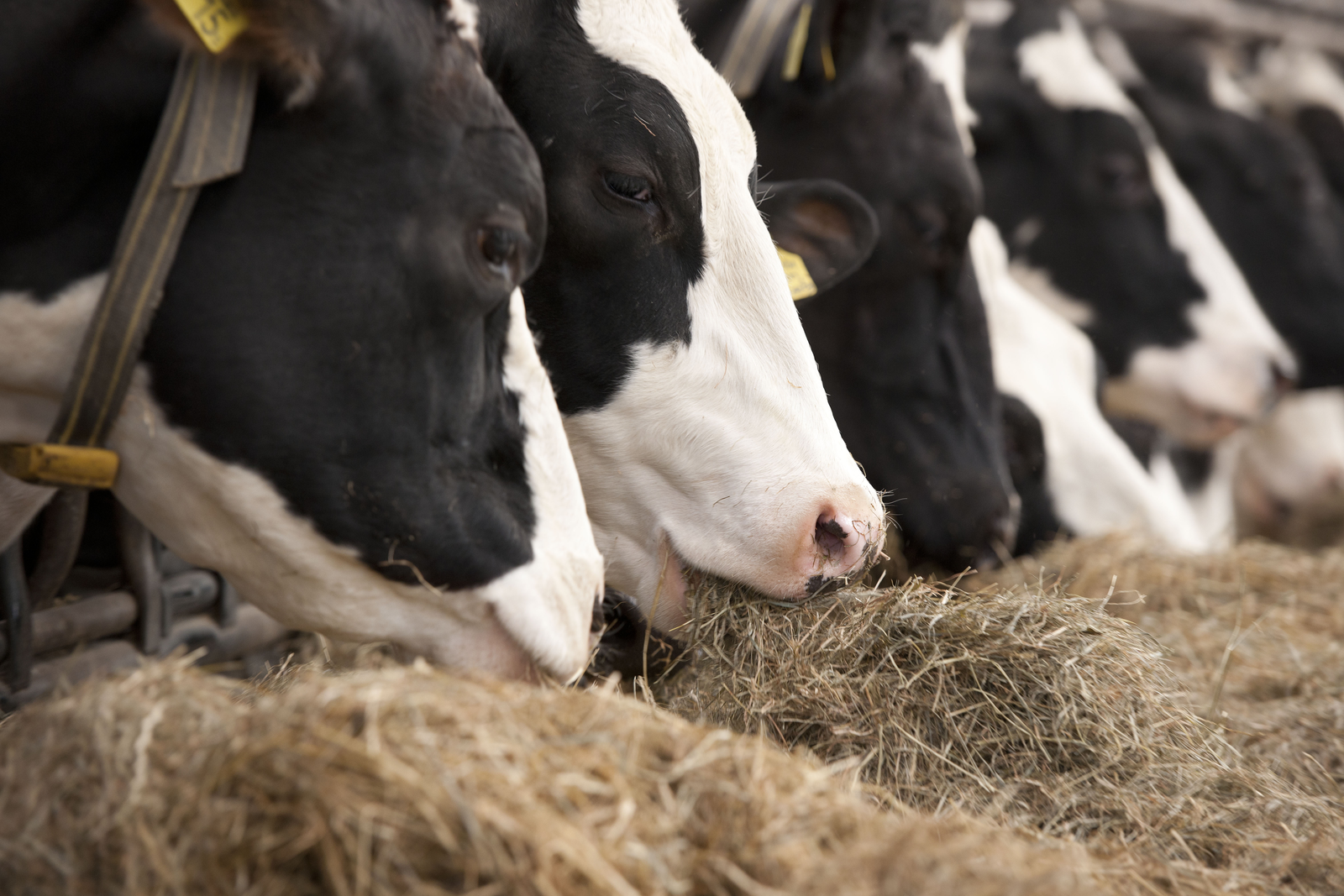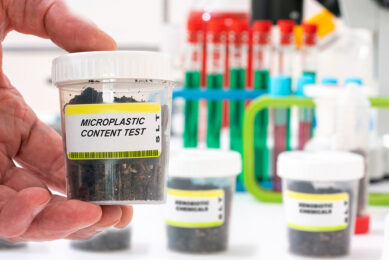Combined data key in genomics prediction of DMI

The accuracy of the genomic prediction of dry matter intake of individual dairy cows improves when data from several countries is combined compared to when each country uses only its own data.
This is stated in a new article, published in the Journal of Dairy Science. Feed cost is the single-largest expense in dairy production and has increased substantially in recent years. Although an important contributor to profitability in the dairy industry, little attention has so far been given to improving feed efficiency through direct genetic selection despite the known existence of heritable genetic variation.
The lack of direct inclusion of feed intake in dairy cow breeding goals is mainly due to the difficulty and costs associated with acquiring individual animal feed intake measurements.
Genomic estimated breeding values
With the aim of increasing the accuracy of genomic estimated breeding values for dry matter intake (DMI) in Holstein-Friesian dairy cattle, data from 10 research herds in Europe, North America and Australasia were combined. DMI records were available on 10,701 parity one to five records from 6,953 cows, as well as on 1,784 growing heifers.
In this study, the researchers demonstrated that using dairy cattle DMI phenotypes and genotypes from multiple populations increases the accuracy of genomic breeding values (gEBVs) for this important trait, provided a multi-trait approach is used.
Data from research herds in Europe, North America and Australasia were combined to estimate the accuracy of genomic prediction for DMI using multi-trait models. The mean accuracy of prediction was 0.44, ranging from 0.37 (Denmark) to 0.54 (the Netherlands). In comparison, the mean accuracy of prediction when all analyses were performed within country was 0.37.
Source: Wageningen UR











